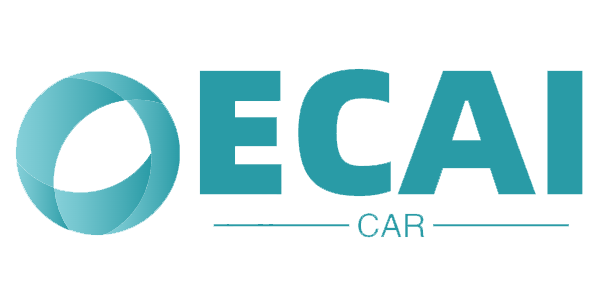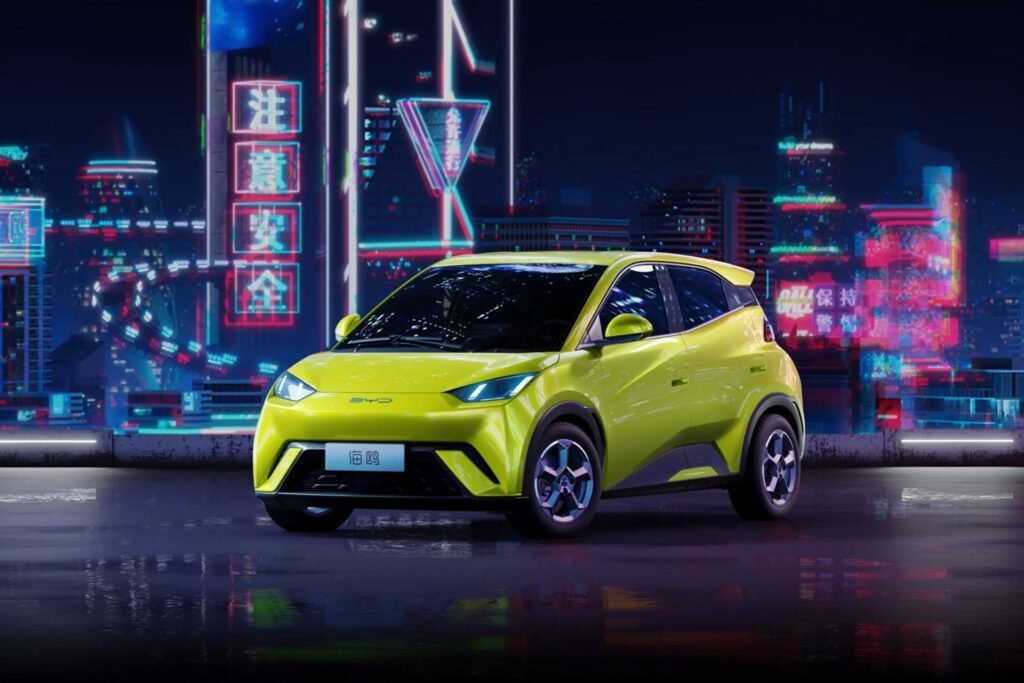In recent years, many African governments have introduced policy measures to support the development of the electric vehicle industry. Ethiopia, Tunisia, Zambia, Kenya, Cape Verde and other countries have successively abolished or reduced import tariffs and other related taxes on electric vehicles, actively promoting the growth of electric vehicle production and sales and localized research, development and production. Related reports predict that the African electric vehicle market will reach 21.4 billion US dollars in 2027, with an average compound annual growth rate of 10.2% from 2022 to 2027.
Supportive measures are being rolled out at an accelerated pace
In February this year, the South African Department of Trade, Industry and Competition released the first draft of the Electric Vehicle White Paper, which is the first policy statement on the manufacture, sale and use of electric vehicles in South Africa and Africa. The white paper argues that the mass production and popularization of electric vehicles will be a global trend, and South Africa should leverage its existing automotive industry base to actively shift to the production of electric vehicles, especially components. The white paper proposes a number of incentives, including expanding investment promotion for the manufacture of electric vehicles, developing a regional battery industry chain, promoting the commercialization of green hydrogen production, and ensuring duty-free exports of electric vehicles and their components.
According to the latest target set by the Kenyan government, the proportion of electric vehicles among all registered vehicles in Kenya will increase to 5% by 2025. In February this year, Roam, a Kenyan electric vehicle start-up, announced the completion of its first round of financing of 24 million US dollars, which will be mainly invested in the research and development and large-scale production of electric vehicles in Kenya.
The Egyptian government has begun implementing a plan to mass-produce electric vehicles by 2024, and it is striving to achieve nearly 100% local procurement of components within the next two years. The Egyptian government has also recently introduced measures to invest about 1.5 billion US dollars in expanding the country’s electric vehicle manufacturing plants and charging stations.
The Ethiopian government has incorporated the vigorous development of electric vehicle plans into its Ten-Year Development Plan (2021-2030), with the goal of introducing at least 152,800 electric vehicles by 2030 to achieve the transition to “green transportation.”
Ghana has implemented an eight-year tariff exemption policy for imported electric vehicles since 2024. The Ghanaian Ministry of Finance said that the move is intended to encourage the domestic manufacture, assembly and use of electric vehicles in Ghana to promote the development of the country’s electric vehicle industry. The Algerian government recently introduced a policy that exempts up to 80% of tariffs on imported electric vehicles. According to Tunisia’s 2023 Finance Act, the import tariffs on electric vehicles and charging equipment in Tunisia have been reduced to 10%, and value-added tax has been reduced to 7%.
According to previous market analysis by McKinsey and the Shell Foundation in Kenya, Ethiopia, Nigeria, Uganda and Rwanda, sales of electric cars and motorcycles in these five countries are expected to reach 340,000 to 820,000 units by 2025, and 3.8 million to 4.9 million units by 2040.
There is huge potential for growth in the industry
The World Bank said in a report entitled “Electric Vehicles: A Win-Win for Developing Countries’ Economies and the Environment” that the wider promotion of electric vehicles in African countries and developing countries more generally can help reduce urban traffic congestion, reduce dependence on fossil fuels and promote improvements in public health.
Demisi, a researcher at the Ethiopian Policy Research Institute, told this reporter that the electric vehicle industry, as an emerging industry, covers various fields ranging from battery manufacturing to the construction of charging infrastructure, vehicle manufacturing and related technology research and development. African countries’ encouragement of the development of the electric vehicle industry will promote local industrial upgrading and technological innovation, expand employment, and achieve the dual goals of economic growth and environmental protection. “Africa’s abundant renewable energy and continuously growing market demand will provide broad space for the development of the electric vehicle industry.”
Related research shows that Africa is rich in lithium, nickel and other metal mineral resources, providing sufficient raw materials for the production of electric vehicle battery parts. The Democratic Republic of the Congo is one of the world’s largest producers of cobalt, which is an important raw material for electric vehicle batteries. In April 2023, the African Export-Import Bank and the United Nations Economic Commission for Africa signed a framework agreement with the governments of the Democratic Republic of the Congo and Zambia to support the two governments in establishing special economic zones for the production of battery precursors and improving the battery and electric vehicle industry chain.
Morocco has a variety of metal deposits needed to produce automotive power batteries, such as cobalt, phosphate and lithium. Among them, Morocco ranks first in the world in phosphate reserves, accounting for about 75% of the world’s total reserves. The Moroccan government has proposed to build a manufacturing center for electric vehicle batteries and parts. With advantages such as huge reserves of raw materials, proximity to the European market and tax incentives, Morocco is stepping up efforts to attract foreign investment and accelerate the development of electric vehicle-related industries.
An article on the website Africa Report pointed out that there is strong demand for electric vehicles among African consumers, and the market has broad prospects for growth in the future. The electric vehicle industry involves multiple sectors of the industrial chain, from production to maintenance, which can promote employment and economic growth and help Africa accelerate its energy transition.
Chinese companies help with the transition to electrification
At present, electric vehicles developed and produced by Chinese car companies are increasingly popular in the African market. Data shows that China’s exports of new energy vehicles to Africa in 2023 increased by 291% year-on-year. At the same time, many Chinese car companies have also chosen to invest and start businesses in Africa, expand cooperation with local companies in the field of electric vehicles, and actively help Africa’s automotive industry transition to electric vehicles.
In Ghana, more than 20 Chinese-made electric vehicles such as sedans, SUVs and minivans are selling well in the market; in Zimbabwe and Kenya, BYD electric trucks are widely used in the logistics and transportation industries.
In March of this year, dozens of electric minibuses drove onto the “roof of Africa,” Ethiopia. These electric minibuses were exported to Ethiopia in completely disassembled form by China’s Xiamen King Long United Automotive Industry Co., Ltd., and were assembled and brought to market by the local Belene Jindi Metal Engineering Company. In the same month, Chinese power battery manufacturer Better New Material Group received approval from the Moroccan government to build a factory for positive electrodes for electric vehicle batteries in the northern Mediterranean city of Tangier. Moroccan Minister of Investment, Integration and Public Assessment Zazuri said that this is the first major project to build a battery ecosystem in Morocco. In recent years, several Chinese power battery manufacturers, including Guoxuan High-Tech, Tinci Materials and CGN New Materials, have announced plans to invest in and build factories in Morocco.


